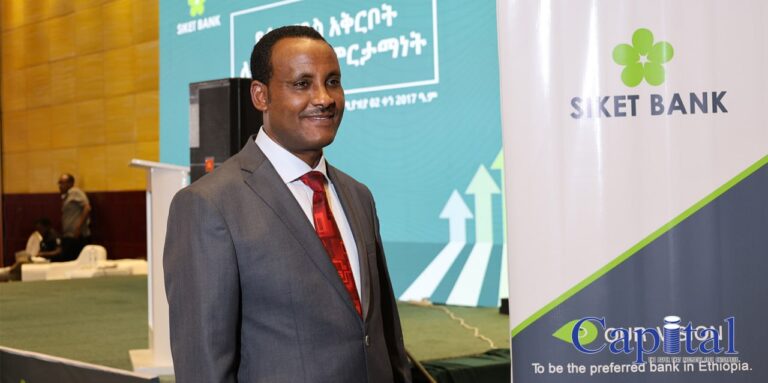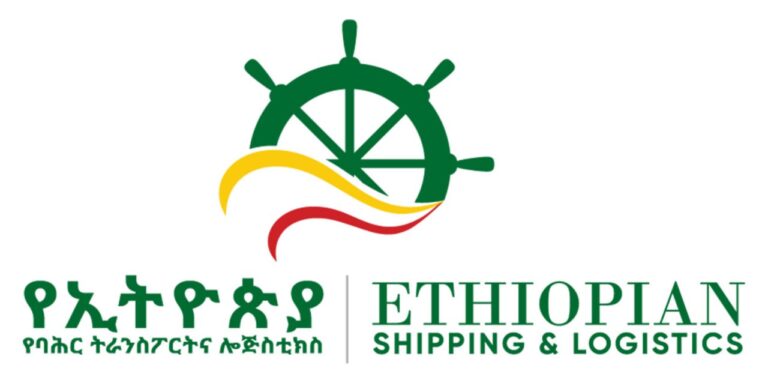By Dr Yemi Kale (Group Chief Economist, Managing Director, Research, Afreximbank)
With contributions from: Mr. Cyril Bitanda (Head of Trade Finance, Afreximbank) Mr. Omar Badr El-Din (Senior Manager, Client Relations, Afreximbank)
The story of Africa’s banking sector is one of resilience and transformation. From its roots in pre-colonial barter systems and trans-Saharan trade to today’s technology-driven financial systems, the sector has evolved significantly. Yet, despite this progress, Africa’s banking sector continues to face persistent challenges—challenges that are now compounded by an increasingly fragmented global financial environment.
In recent years, a notable retreat of international banks from the African market has placed further strain on cross-border trade and limited access to international financing. The continent’s fragmented regulatory landscape, has only added to these obstacles, making it difficult for indigenous banks to integrate fully with global markets. Many African banks face stringent international regulations, limited networks, and restricted access to international correspondent banking services.
However, the crucial role of financial institutions in Africa’s economic development remains undiminished. Beyond providing credit and facilitating trade, financial institutions are vital agents of inclusive growth, employment creation, and economic stability. This is especially true in Ethiopia—a country of over 120 million people, the second most populous nation in Africa, with an impressive GDP growth forecast of 6.5% in 2025[1]. Ethiopia is on an ambitious path to achieve lower middle-income status by mid-2025, supported by a market liberalization strategy that includes a market-determined exchange rate, removal of current account restrictions, and modernization of its monetary policy framework.
Against this backdrop, Ethiopia’s financial sector has an essential role to play in ensuring that the country’s growth is equitable and sustainable. Local banks will need to be better equipped to attract international capital, facilitate cross-border trade, and meet international standards of compliance and transparency.
Bridging the Gap: Afreximbank’s Payment Solutions
Despite global interconnectedness, African banks face challenges in accessing correspondent banking services, which are crucial for international payments and trade, largely due to risk-averse policies, compliance pressures, and persistent misperceptions about Africa’s financial systems. Ethiopian banks, like their counterparts across the continent, are no exception to this marginalisation. At the heart of this problem is the phenomenon of “de-risking,” where international banks, wary of regulatory penalties or perceived instability, scale back relationships with African counterparties. The consequences are far-reaching: increased transaction costs, longer settlement periods, and restricted access to global markets. To address this challenge, Afreximbank has developed practical and innovative solutions aimed at enhancing Africa’s financial infrastructure and easing access to international markets. Staying true to its mandate of “Transforming Africa’s Trade,” the Bank has introduced a suite of trade payment solutions designed to build confidence among international counterparties and bridge the correspondent banking gap faced by many African banks.
One such solution is the Afreximbank Trade Payment Services (AfPAY)—a platform that has enabled over 400 banks across the continent to access international markets seamlessly. In 2024 alone, AfPAY facilitated the settlement of international trade transactions valued at USD 32 billion, ensuring orderly and efficient payment flows. Under AfPAY, clients would also have access to Call deposit and fixed-term deposit account services. These interest-bearing accounts serve as investment accounts into which excess or idle cash may be transferred into competitive interest and flexible access to funds
Complementing AfPAY is the Afreximbank Trade Facilitation (AFTRAF) Programme, which addresses the challenge of international banks withdrawing trade lines from African financial institutions due to perceived risks. AFTRAF provides much-needed liquidity and guarantees to African banks, supporting their ability to maintain and grow cross-border trade relationships. In Ethiopia, AfTRAF has been quite successful as Afreximbank was able to confirm trade instruments in excess of USD 2bn in the last 3 years in favour of several Ethiopian banks. These instruments supported the importation of essential goods and commodities including petroleum products, trucks, fertilizers and edible oil, among others.
These initiatives are underpinned by a robust compliance framework that ensures the highest standards of financial integrity. This framework includes risk-based due diligence, comprehensive Know Your Customer (KYC) checks, and the assignment of an African Legal Entity Identifier (ALEI) for transparency in international transactions. Regular monitoring and adherence to global best practices further safeguard against financial crime and related risks.
A Path Forward for Ethiopia
The benefits of these initiatives extend beyond technology and trade facilitation. By enhancing trust and transparency in financial transactions, Afreximbank’s solutions foster investor confidence, increase access to international capital, and contribute to sustainable economic growth.
For Ethiopia, this is an opportunity to leverage these tools as part of its broader economic reforms agenda. A stronger, more connected, and compliant financial sector will not only drive domestic growth but also position the country as a key player in Africa’s emerging intra-regional trade ecosystem. As Ethiopia moves forward on its path to become a middle-income economy, partnerships like those with Afreximbank will be essential in shaping a resilient and inclusive financial future.







